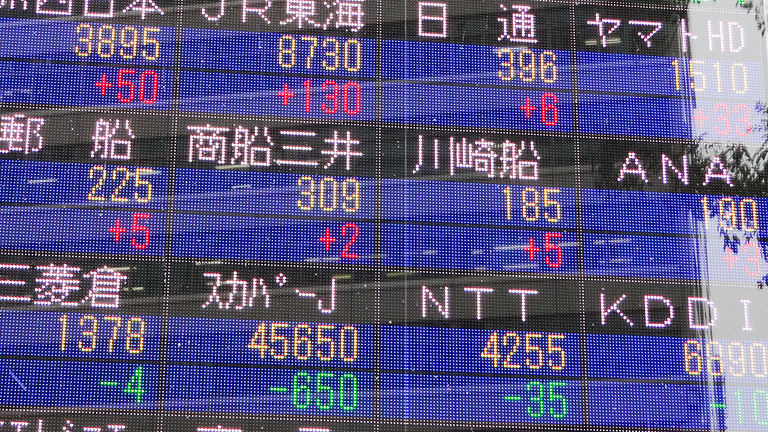Most Asian markets declined on Wednesday as uncertainty surrounding the U.S. presidential race and ongoing trade concerns impacted investor sentiment. Regional indices tracked losses in U.S. stock futures following a contentious presidential debate between Vice President Kamala Harris and former President Donald Trump. The debate intensified doubts about the 2024 election, adding to existing market volatility with less than two months before the ballot.
On Wall Street, stocks posted gains on Tuesday as technology shares rebounded. However, U.S. stocks and global markets have experienced significant losses over the past week. Investors are also eyeing the upcoming U.S. inflation report, which is expected to influence future interest rate decisions.
Chinese equities fell sharply, with the Shanghai Shenzhen CSI 300 and Shanghai Composite indexes down 0.2% and 0.8%, respectively, reaching lows not seen since early February. Hong Kong’s Hang Seng Index slid 1.5%, nearing a one-month low, following U.S. legislative actions that threaten to impact trade relations.
U.S. policymakers have advanced a bill aimed at restricting business with Chinese biotechnology companies, receiving near-unanimous support from the House of Representatives. Although the bill must still pass through the Senate, it adds to existing tensions between the U.S. and China, exacerbated by recent trade tariffs on Chinese industries. Further complicating matters, former President Trump reiterated his plans to impose additional trade tariffs on China.
Japanese stocks also faced pressure, with the Nikkei 225 and TOPIX indexes each dropping over 1.6%. The decline follows hawkish comments from Bank of Japan (BOJ) officials. BOJ member Junko Nakagawa indicated that the central bank might continue raising interest rates if inflation aligns with forecasts. This stance comes ahead of the BOJ’s meeting next week, where investors are uncertain about potential rate hikes.
The BOJ’s recent 15 basis point rate increase, combined with aggressive policy signals, has negatively impacted Asian markets throughout August. The unwinding of the yen carry trade has further pressured global risk-driven markets.
Among other Asian markets, South Korea’s KOSPI fell 0.2%, and Australia’s ASX 200 lost 0.2%. Futures for India’s Nifty 50 index suggest a slightly weaker open, reflecting similar declines across the region.
Markets are bracing for the U.S. consumer price index (CPI) report later on Wednesday, which is anticipated to show a modest easing in inflation for August. This data will play a crucial role in shaping expectations for the Federal Reserve’s upcoming meeting, where a 25 basis point rate cut is widely anticipated. Last week’s reduced expectations for a more substantial rate cut, coupled with signs of economic resilience in the U.S., have further rattled stock markets.
